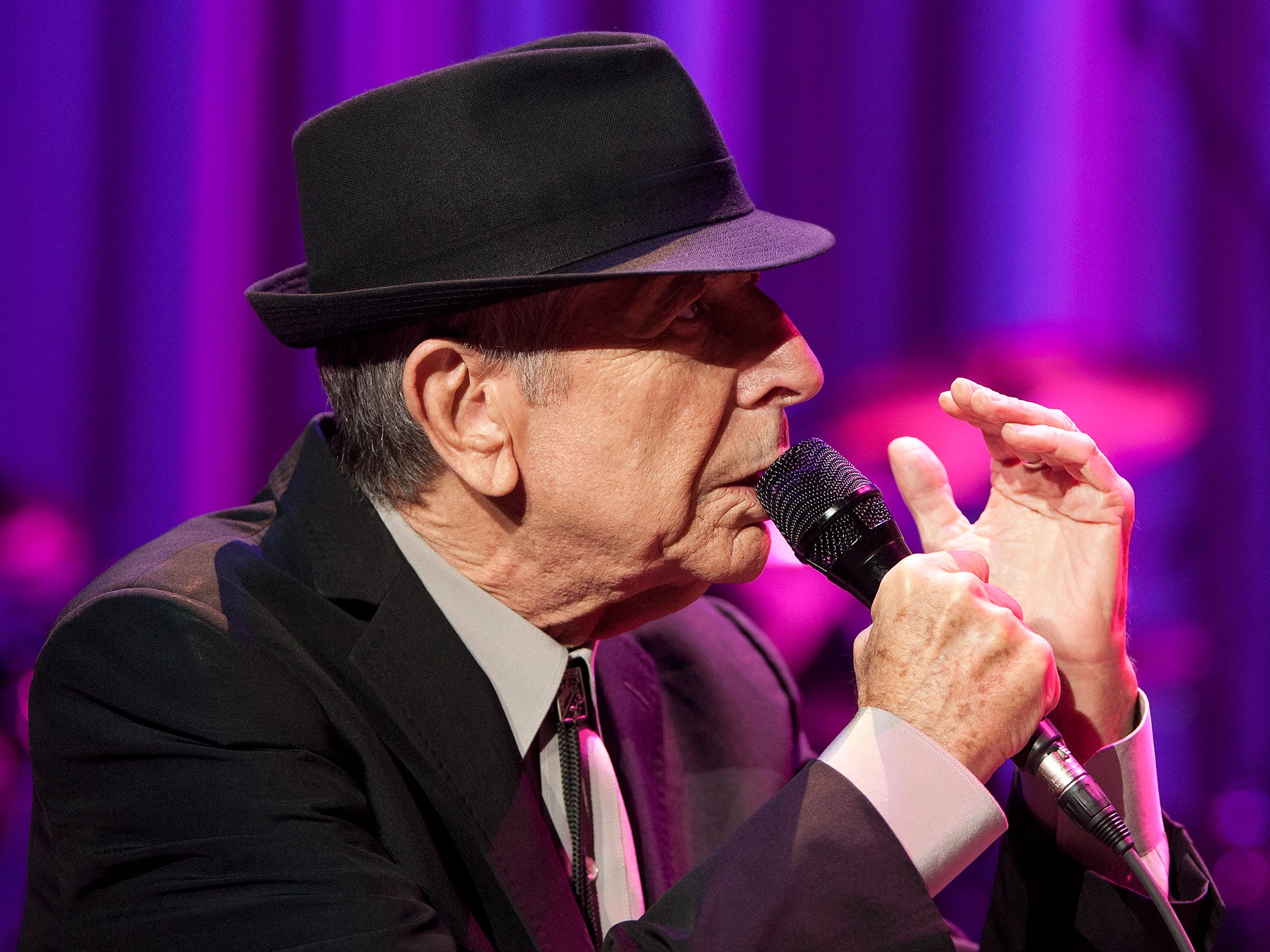Your support helps us to tell the story
From reproductive rights to climate change to Big Tech, The Independent is on the ground when the story is developing. Whether it's investigating the financials of Elon Musk's pro-Trump PAC or producing our latest documentary, 'The A Word', which shines a light on the American women fighting for reproductive rights, we know how important it is to parse out the facts from the messaging.
At such a critical moment in US history, we need reporters on the ground. Your donation allows us to keep sending journalists to speak to both sides of the story.
The Independent is trusted by Americans across the entire political spectrum. And unlike many other quality news outlets, we choose not to lock Americans out of our reporting and analysis with paywalls. We believe quality journalism should be available to everyone, paid for by those who can afford it.
Your support makes all the difference.Some people never grow up; others seem to have been born old.
Among rock musicians, the former predominates to an alarming degree, while the most obvious case of the latter is surely Leonard Cohen; but then, even by the time of his debut album he was already a good 10 years older than his contemporaries, and it showed. But what’s fascinating about Cohen is how his popularity has increased as he has aged: it’s as if he’s become a beacon for a generation, rewarded for testing untrodden territory for us all.
What is remarkable is how he has retained such good humour, even while surveying the tide of contemporary wretchedness. Released to coincide with his 80th birthday, Popular Problems – note the drolly contradictory title – finds his agreeable baritone growl applied as usual to romantic disappointment and political venality with vivid, jolting metaphors (“I see the ghost of culture, with numbers on his wrist”) cutting to the quick.
Elsewhere the bitterness is spiked with Cohen’s characteristically wry, mordant humour – most notably the litany of ghastliness in “Almost Like The Blues” that includes “there’s torture, and there’s killing, and there’s all my bad reviews”. Though frankly, you have to search hard for a bad one these days.
The customary religious imagery prevails throughout, with salvation sought for unspecified sins, and sensuality strained through scripture: there’s even a reference to “the hallelujah hymn” which adds a personal frisson to the closing “You Got Me Singing”. But for an old geezer, he knows how to keep the listener on their toes, purely through lyrical cunning.
Musically, the songs are deceptively simple, employing a pared-down arrangement formula that pairs bluesy organ and electric piano with the female backing chorus that’s become a staple of the Cohen sound, all taken at a relaxed tempo that rarely rises above a gentle trot. As he observes in “Slow”, “You wanna get there soon – I wanna get there last”. And make it last, too.
Leonard Cohen, Popular Problems

Join our commenting forum
Join thought-provoking conversations, follow other Independent readers and see their replies
Comments